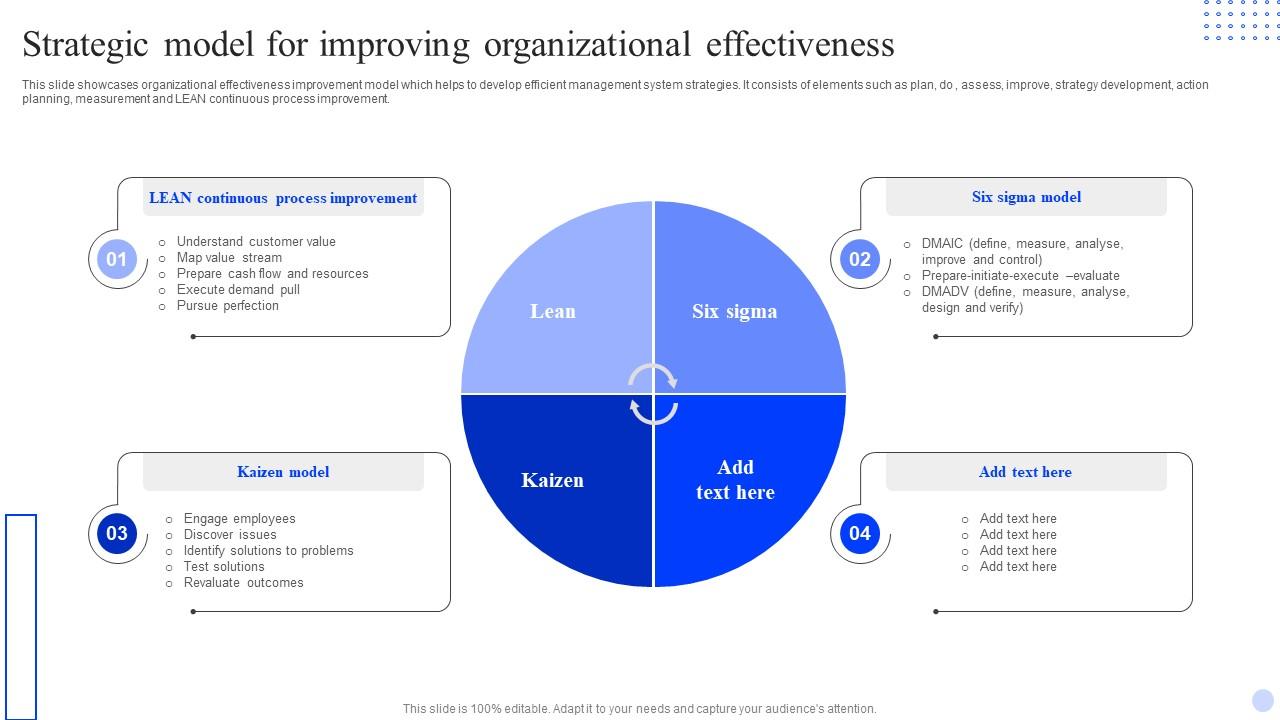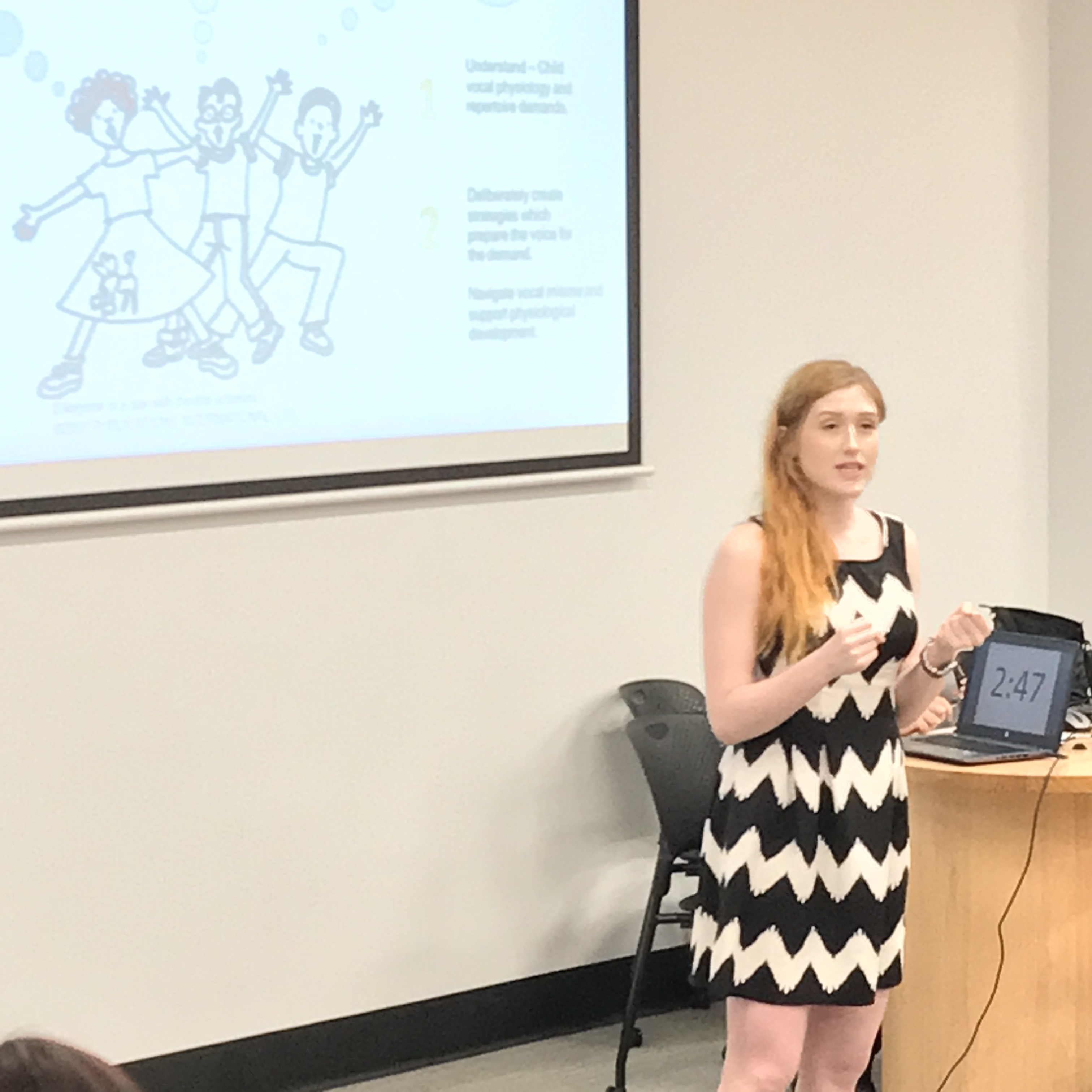Middle Management: A Vital Link For Organizational Effectiveness And Employee Growth

Table of Contents
The Bridge Between Leadership and Employees
Middle managers are not simply conduits of information; they are strategic translators, motivators, and talent developers. Their effectiveness directly impacts organizational performance and employee satisfaction.
Translating Strategic Goals into Actionable Plans
Effective middle managers expertly translate high-level strategic goals into practical, achievable plans for their teams. This requires strong communication and planning skills. They ensure strategic alignment by:
- Clearly communicating the "why": Explaining the rationale behind strategic initiatives ensures team buy-in and commitment.
- Breaking down large goals: Dividing complex objectives into smaller, manageable tasks simplifies execution and tracks progress.
- Allocating resources effectively: Distributing resources (time, budget, personnel) strategically optimizes team performance.
- Setting realistic deadlines and milestones: Establishing achievable targets maintains motivation and prevents burnout.
These actions ensure seamless alignment between organizational strategy and team-level execution, boosting overall team performance and achieving strategic goals. Successful goal setting and strategic alignment significantly impact organizational effectiveness.
Fostering a Positive and Productive Work Environment
Cultivating a positive and productive work environment is a key responsibility of middle managers. This involves creating a culture of collaboration, open communication, and mutual respect. Key strategies include:
- Implementing mentorship programs: Providing opportunities for junior employees to learn from experienced colleagues.
- Conducting regular feedback sessions: Offering constructive criticism and celebrating successes to improve performance and engagement.
- Developing effective conflict resolution strategies: Addressing disagreements promptly and fairly to maintain team cohesion.
- Promoting open communication channels: Establishing clear communication pathways and encouraging feedback from all team members.
This commitment to employee engagement and team building directly contributes to a more positive and productive workplace culture.
Identifying and Developing Talent
Middle managers play a crucial role in identifying and nurturing talent within their teams. They act as talent scouts and mentors, guiding employees toward career advancement. This includes:
- Conducting thorough performance reviews: Providing regular feedback to employees, identifying strengths and areas for improvement.
- Developing and implementing targeted training initiatives: Investing in employee development through relevant training programs.
- Creating mentoring opportunities: Pairing experienced employees with those needing guidance and support.
- Participating in succession planning: Identifying and preparing high-potential employees for future leadership roles.
By investing in their employees' growth, middle managers build a robust leadership pipeline and ensure the long-term success of their teams. This active involvement in talent management contributes to the organization's overall growth and future success.
The Impact of Effective Middle Management on Organizational Success
The positive ripple effect of effective middle management extends across the entire organization, leading to significant improvements in various key areas.
Improved Employee Retention
Supportive middle managers are key to improving employee retention. By fostering positive relationships, providing regular feedback, and creating opportunities for growth, they significantly increase employee satisfaction and reduce turnover. This results in:
- Reduced recruitment costs: Minimizing the need to frequently replace employees.
- Increased productivity: Maintaining a stable and experienced workforce.
- Improved morale: Creating a positive and supportive work environment.
- Preservation of institutional knowledge: Retaining employees with valuable experience and expertise.
Higher job satisfaction directly translates into a lower turnover rate, ultimately benefiting both employees and the organization.
Enhanced Productivity and Efficiency
Effective middle management streamlines processes, improves resource allocation, and enhances team productivity. This translates into:
- Streamlined workflows: Optimizing processes to eliminate bottlenecks and improve efficiency.
- Efficient resource allocation: Ensuring that resources are used effectively to achieve maximum output.
- Effective delegation of tasks: Assigning tasks appropriately, based on individual skills and capabilities.
- Improved time management: Optimizing team schedules to enhance productivity.
These improvements in operational efficiency lead to higher team productivity and improved performance metrics.
Increased Innovation and Creativity
Empowering middle managers fosters a culture of innovation and creativity. This is achieved by:
- Encouraging experimentation and risk-taking: Creating a safe space for employees to explore new ideas.
- Providing resources for innovative projects: Allocating time, budget, and personnel to support new initiatives.
- Recognizing and rewarding creative contributions: Acknowledging and celebrating innovative ideas and successes.
- Promoting a culture of continuous improvement: Encouraging ongoing efforts to improve processes and products.
This commitment to innovation management fosters an agile organization capable of adapting to change and staying ahead of the competition.
Challenges Faced by Middle Management and Strategies for Success
Middle management roles come with unique challenges that require effective strategies for success.
Balancing Competing Demands
Middle managers often juggle multiple priorities, managing upward and downward communication, meeting deadlines, and resolving conflicts. Success requires:
- Mastering time management techniques: Prioritizing tasks, delegating effectively, and utilizing time-saving tools.
- Developing strong prioritization strategies: Focusing on high-impact tasks and delegating lower-priority items.
- Utilizing effective delegation techniques: Assigning tasks based on individual skills and capabilities.
- Implementing stress management techniques: Practicing self-care and utilizing stress-reduction strategies.
Effective work-life balance is crucial for maintaining productivity and preventing burnout.
Developing Essential Leadership Skills
Continuous learning and development are essential for middle managers. This includes improving skills in:
- Communication skills: Effectively communicating with both senior management and team members.
- Conflict resolution: Addressing disagreements fairly and constructively.
- Decision-making: Making informed decisions in a timely manner.
- Delegation: Assigning tasks appropriately and effectively.
- Mentoring: Guiding and supporting the development of junior team members.
Investing in leadership training and management development programs is crucial to support middle managers in developing these essential skills.
Building Strong Relationships
Cultivating positive relationships with both senior management and team members is vital. This involves:
- Effective communication: Maintaining open and honest communication channels.
- Active listening: Paying attention to what others are saying and understanding their perspectives.
- Empathy: Showing understanding and compassion for others.
- Trust-building: Creating a culture of trust and mutual respect.
Strong relationship building fosters team cohesion and improves communication flow throughout the organization.
Conclusion
Effective middle management is not merely a layer of leadership; it’s the engine driving organizational effectiveness and employee growth. By translating strategic goals, fostering positive work environments, developing talent, and addressing the unique challenges they face, strong middle management teams significantly improve employee retention, boost productivity, and fuel innovation. Invest in strengthening your middle management today to unlock the full potential of your organization and your employees. Developing your middle management into effective leaders is an investment that yields significant returns in terms of organizational success and employee satisfaction. Build strong middle management teams for a more successful and engaged workforce.

Featured Posts
-
 Trumps Transgender Athlete Ban Minnesota Under Fire From Us Attorney General
Apr 29, 2025
Trumps Transgender Athlete Ban Minnesota Under Fire From Us Attorney General
Apr 29, 2025 -
 The Magnificent Sevens 2024 Decline A 2 5 Trillion Market Value Plunge
Apr 29, 2025
The Magnificent Sevens 2024 Decline A 2 5 Trillion Market Value Plunge
Apr 29, 2025 -
 Global Competition Heats Up The Race To Attract Us Researchers
Apr 29, 2025
Global Competition Heats Up The Race To Attract Us Researchers
Apr 29, 2025 -
 Elite Universities Form Secret Coalition To Oppose Trump Administration
Apr 29, 2025
Elite Universities Form Secret Coalition To Oppose Trump Administration
Apr 29, 2025 -
 China Approves Hengrui Pharmas Hong Kong Share Sale
Apr 29, 2025
China Approves Hengrui Pharmas Hong Kong Share Sale
Apr 29, 2025
Latest Posts
-
 The Impact Of Zombie Office Buildings On Chicagos Real Estate Market
Apr 29, 2025
The Impact Of Zombie Office Buildings On Chicagos Real Estate Market
Apr 29, 2025 -
 Key Republican Groups Threaten To Block Trumps Tax Bill
Apr 29, 2025
Key Republican Groups Threaten To Block Trumps Tax Bill
Apr 29, 2025 -
 Zombie Buildings In Chicago Understanding The Office Real Estate Collapse
Apr 29, 2025
Zombie Buildings In Chicago Understanding The Office Real Estate Collapse
Apr 29, 2025 -
 Can Trumps Tax Cuts Survive Internal Republican Opposition
Apr 29, 2025
Can Trumps Tax Cuts Survive Internal Republican Opposition
Apr 29, 2025 -
 Chicagos Office Market Meltdown The Rise Of Zombie Buildings
Apr 29, 2025
Chicagos Office Market Meltdown The Rise Of Zombie Buildings
Apr 29, 2025
